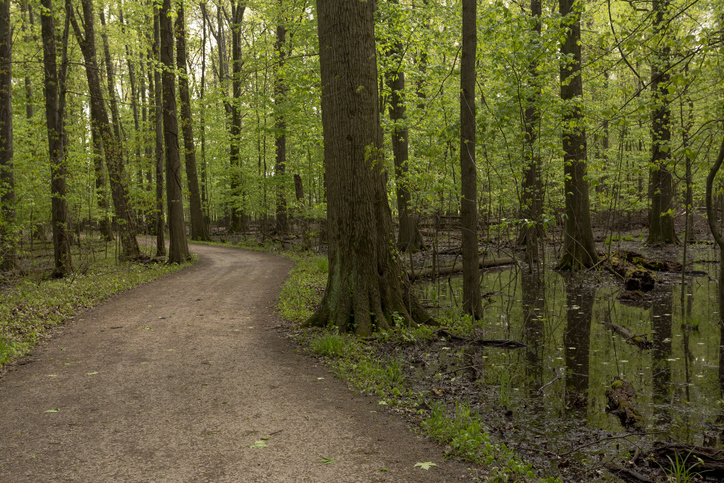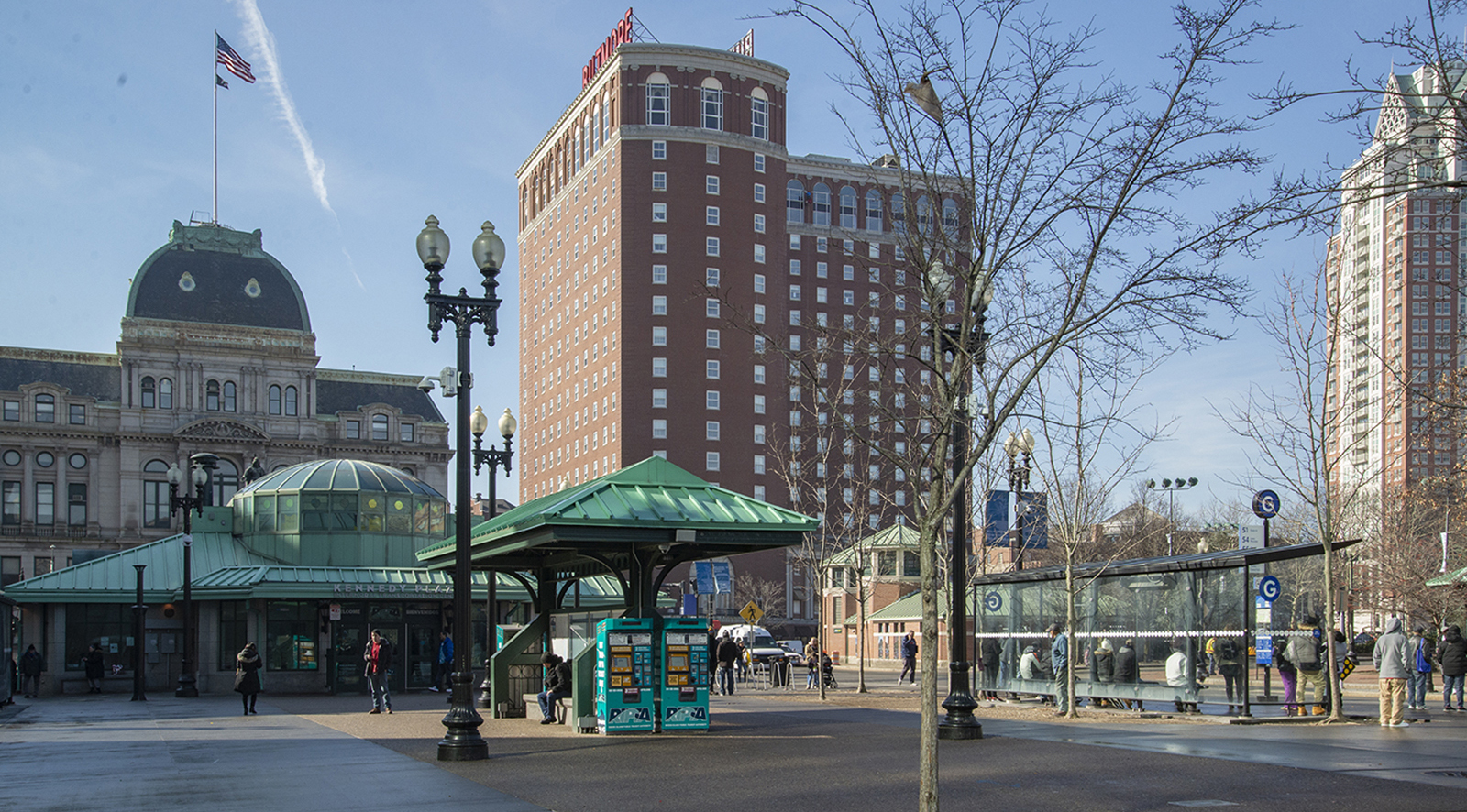Somebody Somehow Will Save Some of Us from Climate Change But What About the Rest of Us?
July 17, 2019
It’s hard to make it through a day or two without being reminded of all the complications climate change brings with it.
Regarding the increase of extreme weather that comes with these new realities, as I write this essay it’s the confluence of a hurricane from the south and flood waters from the north descending on New Orleans that makes the realities we face increasingly clear. A few weeks ago, it was record heat waves in Europe that got us thinking about what lies in store for us and our children.
The future of weather seems bleaker and bleaker.
As if the changes themselves weren’t enough, even our efforts to limit the ways we add to the problem don’t come easily. Think about how hard it’s been to get the Rhode Island General Assembly to recognize that cutting down trees to provide space for solar panels is sort of oxymoronic. Or the negative impact that many in the fishing industry argue will be caused by the development of more offshore wind facilities.
Even the solutions come with downsides.
But while working on an education-reform project in Bénin — that tiny sliver of a country squeezed between Togo and Nigeria — I was reminded of yet another problem that we should be keeping in mind.
Oh, it’s not as bad as the fact that island nations like Samoa may be wiped out by sea-level rise. Or that low-lying coastal deltas in countries like Bangladesh may disappear.
No, in Bénin I was reminded of another reality.
Driving the 78 miles from Cotonou on the coast inland to Bohicon, where the workshop I was to conduct was to take place, I was reminded that while we in the West are trying to figure out to keep the best of what we have, others may have a different perspective.
We assume that whether we barricade our coastal cities — New Orleans perhaps being an exception — against sea-level rise or just set up entirely new communities on higher ground, we’ll probably keep our urban centers. We may shift from gasoline-based engines to electronically propelled ones, but we’ll still be driving. Our farmlands may be flooded, but somebody somehow will develop enough hydroponic set-ups to feed us, and maybe we won’t eat meat, but the fake stuff will be close enough in taste and texture to fool even the most fastidious.
Well, much of that is probably a pipe dream, but such possibilities keep a lot of people going from day to day. But what about the people I saw last week in Bénin, or those I have worked among in a dozen other African and Middle Eastern countries, to say nothing of the Asians and Latin Americans who live in comparable situations.
I’m talking about the hundreds of millions — probably billions — of people who live off the beaten path in houses made of mud or scrap wood, wearing clothes that get washed every few weeks, who walk miles to a medical clinic for an aspirin or an antibiotic, whose children die of malaria or, once again, of polio, for whom gaining weight would mean gaining health.
What about, in other words, those who have not yet really begun to share the benefits of the 20th century — electricity on demand, year-long access to an amazing cornucopia of foods, houses that stay cool in the summer and warm in the winter; people who accept the assumption that owning a car is a given, that children will live past the age of 5 and will learn to read and write, that physical health is generally possible.
What about the people for whom American poverty would seem the lap of luxury?
We in the West are trying to keep what we’ve got, while probably as many as two-thirds of the people on the planet are still hoping to get something approximating what we’ve got.
Climate change will continue. Its impacts will worsen.
While we’re working hard to protect ourselves from the worst of those impacts, to find work-arounds that will allow us to keep vestiges of the world we’ve known for the past 75 years, let’s not forget about those who are still waiting for the goodies to come their way.
Sure, let’s do our best to cut back on the activities that hasten the impacts of climate change.
But let’s also begin thinking about ways to bring others some of the benefits that we’re so scared of losing.
We are, after all, brothers and sisters in this mess together.
Nicholas Boke is an international educational consultant and freelance writer. He lives in Providence.
Categories
Join the Discussion
View CommentsRecent Comments
Leave a Reply
Your support keeps our reporters on the environmental beat.
Reader support is at the core of our nonprofit news model. Together, we can keep the environment in the headlines.
We use cookies to improve your experience and deliver personalized content. View Cookie Settings




Yes.
And anyone who is interested in making a difference should seriously consider donating to trees.org or edenprojects.org. Both of these organizations will use your donations wisely to rebuild struggling communities by planting forests – many of which double as food forests.
About a decade ago, I decided to start paying back more than my family’s carbon footprint every year. I donate as much as I can. They will each plant between 4 & 10 trees per dollar donated. It is so easy to make a big impact in the developing g world – especially on a North American budget!
If you choose to be a part of the solution, over the next decade, these groups can plant thousands of trees with your dollars, each of which will help cool a hot region and feed hungry, hard-working families. Win-win!
When I tell people about this, or about composting, or about growing food or reducing waste, they usually say something like "Oh, you’re so good. I know. I should do that, too…" And then they don’t. Why not? Can I tell you how frustrating this is? I’m desperate to provide my son’s generation with a fighting chance. I simply don’t understand lethargy in the face of crisis.
Thanks, Nicholas, for your timely message, via ecoRI, regarding the scope of global warming and its many impacts upon us, and all our brothers and sisters.
Thanks also to Karl, for supporting the roles that each of us must play to address this most serious problem the world and the human race have ever faced. As Bill Staines sings, "All god’s creatures got a place in the choir…"
A few weeks ago, I learned about Kiribati, a tiny nation in the Gilbert Islands, so close to water-level in the mid-Pacific that it is rapidly becoming one of the first nations to be totally submerged by on-going sea-level rise (yes – rising like our Rhode Island coastal waters). Anthropologist and former Peace Corps volunteer in Kiribati, Michael Roman, poignantly describes the grief brought to the "Humans of Kiribati" by the impending loss of their island home. (@humanofkiribati, on facebook) He spoke at this year’s Citizens Climate Lobby meeting in Washington DC. (citizensclimatelobby.org).
Needless to say, mitigation of global warming requires reduction of atmospheric CO2 levels. Until our country, and all its neighbors, join in effective efforts to accomplish this, we are failing to provide for our children and grandchildren. CCL and many other organizations are working to make the market price of carbon approach the true costs of fossil fuel use. We should all support such efforts!